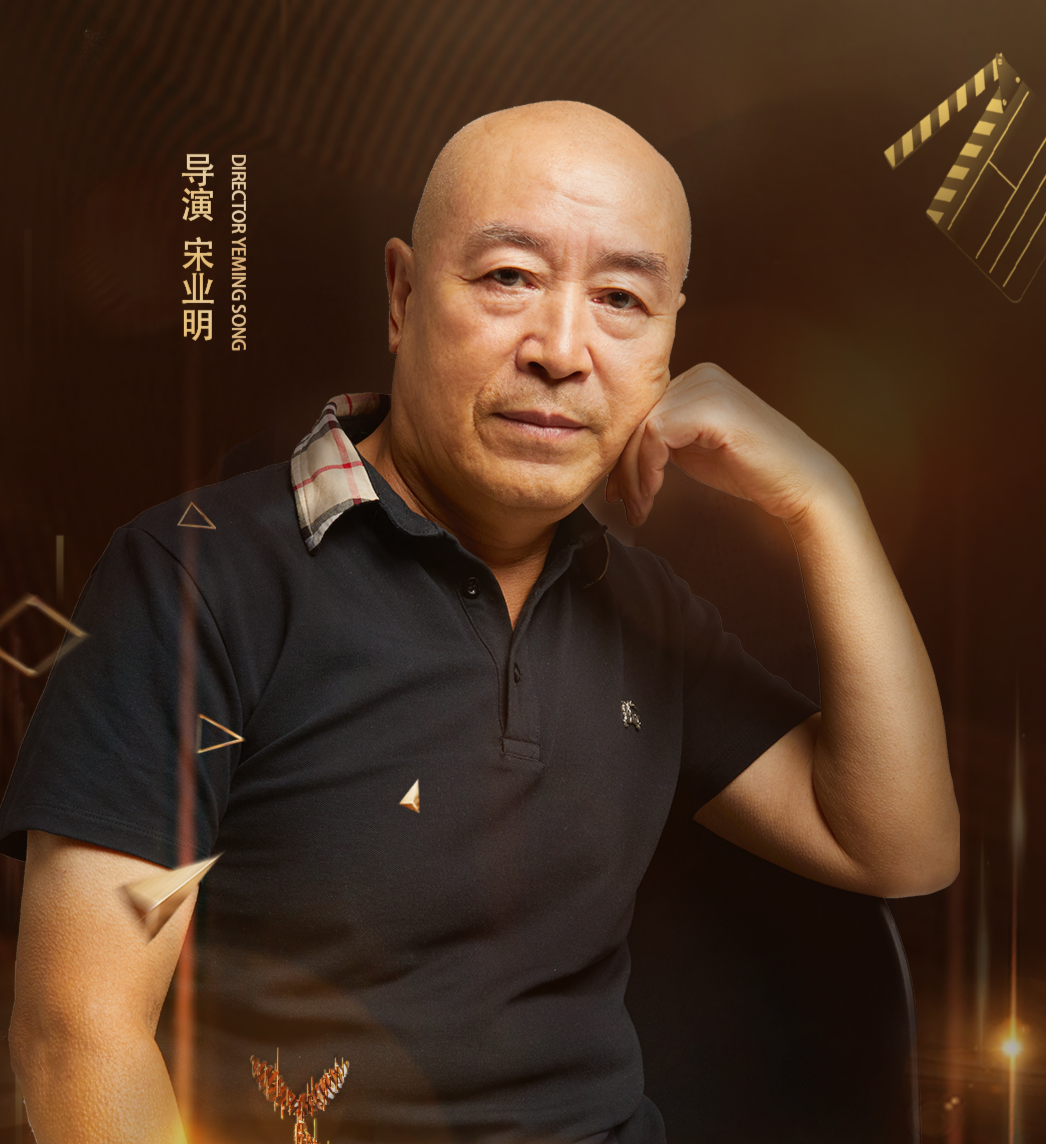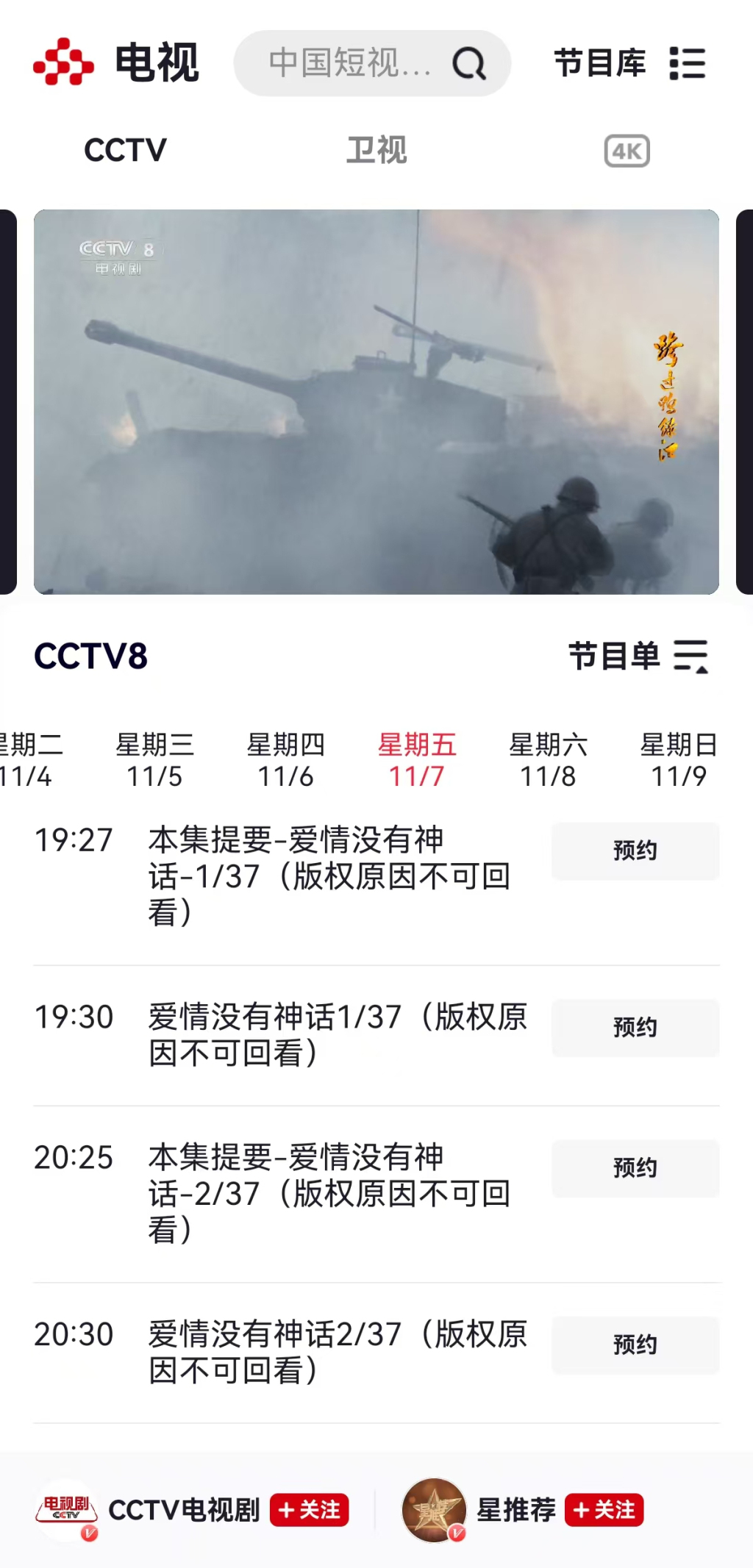
[Editor's Note]
"Diplomatic Storm" is a major revolutionary historical drama directed by Song Yeming, with Ma Jihong serving as chief scriptwriter. Starring Tang Guoqiang, Sun Weimin, and others, it tells the remarkable contributions of early proletarian revolutionaries such as Mao Zedong, Liu Shaoqi, Zhou Enlai, Deng Xiaoping, and Chen Yi to the diplomatic successes of New China. With exceptional diplomatic strategic thinking and flexible negotiation skills, they earned immense honors and elevated international status for the new nation. The series won the Outstanding Television Drama Award and the Outstanding Screenwriter Award at the 32nd China TV "Flying Apsaras" Awards in 2020.
"Diplomatic Storm" is currently airing on the "Classic Revisited" channel. The China Television Artists Association specially invited director Song Yeming to write an article analyzing how the creation of diplomatic-themed dramas captures epic qualities, restores historical ups and downs, and presents heroic figures through artistic techniques, thereby opening a door to history for audiences.

Director Song Yeming of "Diplomatic Storm"
"Diplomatic Storm" is an epic panorama chronicling the foreign affairs of New China, characterized by grand themes, monumental figures, broad perspectives, and significant motifs. It is the first comprehensive audiovisual work showcasing the strategic policies of New China's diplomacy and presenting an intricate reflection of the captivating interplay on the international stage.
How to effectively convey this epic drama while respecting history and introducing new insights, all while appealing to contemporary viewers, initially made me feel quite apprehensive before filming began. However, as I delved deeper into this grand history and engaged in dialogue with the great figures of the past, I found my confidence restored.

Grand Vision and Expansive Perspective
The drama starts with the liberation of Shenyang at the end of 1948 and concludes with Mao Zedong's second meeting with Nixon in 1976, spanning thirty years. During this period, the world witnessed a myriad of significant events and conflicts, with New China making staggering breakthroughs amidst overwhelming challenges. Its dramatic narrative mirrors Mao Zedong's poetry, which captures the turbulence of the seas and the aggression of the winds. Therefore, this drama must maintain a grand scale, expansive vision, and elevated narrative perspective, using the depth of major historical events and the height of grand strategies to tell the story, ultimately achieving a broader pattern, vision, and emotional resonance.

Conveying Spirit and Forging Soul
The series presents numerous stories, from the bombardment of British warships to the establishment of Sino-Soviet relations, from the Korean War to the Bandung Conference, from entry into the United Nations to travels across Asia, Africa, and Latin America... However, the significance of the drama is not merely the accumulation of materials and listing of events, but rather evoking a sense of spirit and inspiring power within the audience.
Reflecting on the difficult and winding path of New China's diplomacy, we have been able to breakthrough and stand among the nations of the world because we fear not the specter of imperialism, confronting American imperialists fearlessly; we do not shy away from strength, outsmarting and outmaneuvering the Soviet Union, resolutely safeguarding national interests; we do not bully the weak, fully committing to helping the people of Tanzania and Zambia build railroads despite our meager beginnings; and we do not boast, always adhering to the Five Principles of Peaceful Coexistence, establishing friendships and diplomatic relations across the globe. Promoting an independent and peaceful diplomatic policy is the soul vibrantly depicted in this drama.

Iconic Characters with Rich Spirit
The characters featured in this drama are primarily influential figures with a significant impact on the world, which presents challenges in their portrayal. The selection of actors must ensure physical resemblance, but the primary factor is the seamless connection in their spiritual and emotional qualities, aiming to depict the rich inner and emotional worlds of these characters for an authentic artistic presentation.

In this drama, Mao Zedong emerges as a figure of indomitable spirit. He never shows weakness regardless of the strength of the opponent, the risks involved, or the difficulties faced, embodying the stature of a national hero. In my performances, I continuously collaborated with Master Tang Guoqiang, renowned for portraying Mao Zedong, where we ignited a creative synergy, carefully designing many touching details. If Mao Zedong represents strong character, then Zhou Enlai embodies grace. As the first Premier and Foreign Minister of New China, he dedicated himself to the nation's diplomatic efforts. His elegant demeanor and firm negotiation style exude a magnetic charm. Alongside real historical figures, we also crafted younger fictional characters to enhance the narrative’s visibility.

Diplomatic Focus Throughout
Limited Filming, Unlimited Pursuit
Before filming "Diplomatic Storm," I set forth requirements for each department. First, in art design, many settings like the White House, the Kremlin, and the United Nations cannot be filmed on location and must be carefully constructed. We aim to evoke the essence of specific historical environments while highlighting the cultural features of different nations. Chinese architecture should contrast with Western styles; the simplicity and modesty reflecting New China’s humble beginnings must be emphasized, while foreign environments need to showcase grandeur.
Secondly, in cinematography, the techniques should primarily adopt a documentary style, with appropriate scene transitions, especially enhancing espionage scenes to alleviate monotony in the dramatic narrative.
Thirdly, regarding music, it should resonate globally, respecting each culture's aesthetic qualities while emphasizing the thematic music of "Diplomatic Storm." While the scenes are limited, music is boundless—I hope the composition will enrich our work with infinite emotional depth and tension.

New China's diplomacy ignited an exhilarating and profound contest of great powers. Today, I am fortunate to recreate this extraordinary history through the medium of art, hoping to open a door to the past for contemporary audiences, offering a grand symphony that transcends time.
Author: Song Yeming (Director of "Diplomatic Storm")


